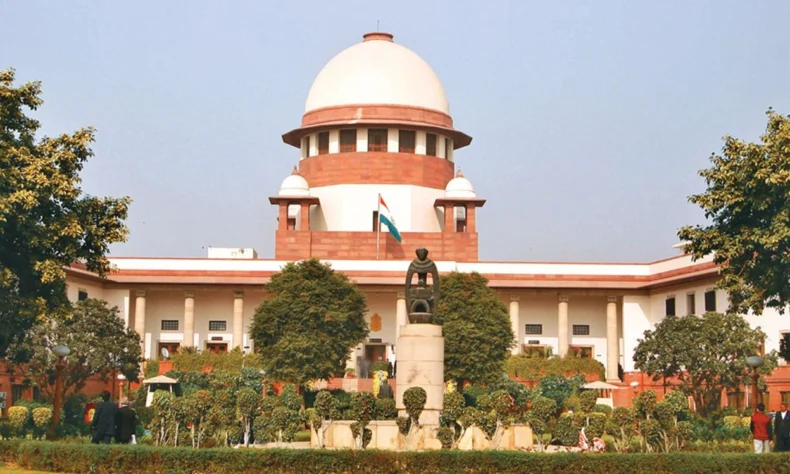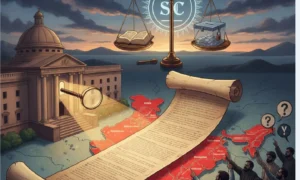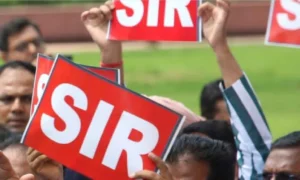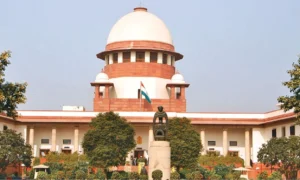
The Supreme Court of India is scheduled to deliver an interim order on Monday, September 15, 2025, concerning multiple petitions that challenge and seek to stay specific provisions of the Waqf (Amendment) Act, 2025. The Court had reserved its order on May 22, following three days of intensive hearings from both the petitioners and the Union Government.
The legislation has sparked widespread controversy, with petitioners arguing that several provisions of the amendment infringe upon constitutional rights and religious freedoms. Among the petitioners are prominent political leaders, religious organizations, and civil rights groups, including MP Asaduddin Owaisi, the Jamiat Ulema-i-Hind, the Association for Protection of Civil Rights, Samastha Kerala Jamiatul Ulema, and others.
The key issues raised in the petitions include the removal of the “waqf by user” principle, the inclusion of non-Muslims in State Waqf Boards and the Central Waqf Council, and a new requirement that only practising Muslims for a minimum of five years may create or dedicate waqf properties.
Critics argue these provisions are unconstitutional and represent a departure from the historical and religious character of waqf institutions in India. The amendment also grants the government new powers to resolve encroachment disputes involving government land, limits the creation of waqfs in scheduled areas, invalidates waqfs over Archaeological Survey of India–protected monuments, and applies the Limitation Act to waqf-related claims. Furthermore, the Act restricts the number of women on waqf boards to two and changes the structure for legal appeals by making Waqf Tribunal orders appealable.
During previous hearings, the government defended the amendments, asserting that they are intended to bring greater transparency and administrative efficiency to the management of waqf properties, while also addressing misuse and irregularities.
The Ministry of Minority Affairs submitted a detailed affidavit exceeding 1,300 pages, stating that the provisions comply with constitutional norms. Petitioners, however, contend that the law enables excessive governmental control, alters long-standing religious practices, and risks dispossession of historical waqf properties without due process.
In response to concerns raised during earlier proceedings, the Centre made certain assurances to the Court. It stated that, while the litigation is ongoing, no waqf property—whether notified, established by deed, or recognized by usage—will be denotified or have its character altered. Additionally, the government assured that no non-Muslim individuals would be appointed to Waqf Boards or the Central Waqf Council during this period.
The Supreme Court is expected to consider whether to temporarily suspend the implementation of some of the contested provisions until the constitutional questions raised by the petitioners are resolved. The order could direct the government to maintain the status quo on waqf properties and administrative appointments while the legal challenge proceeds.
The decision is likely to have a significant impact on how waqf properties are governed across the country and may set a precedent for how religious endowments are treated under modern administrative frameworks. As stakeholders await the interim ruling, the case continues to draw national attention for its implications on religious freedom, minority rights, and property governance.
📰 Crime Today News is proudly sponsored by DRYFRUIT & CO – A Brand by eFabby Global LLC
Design & Developed by Yes Mom Hosting






